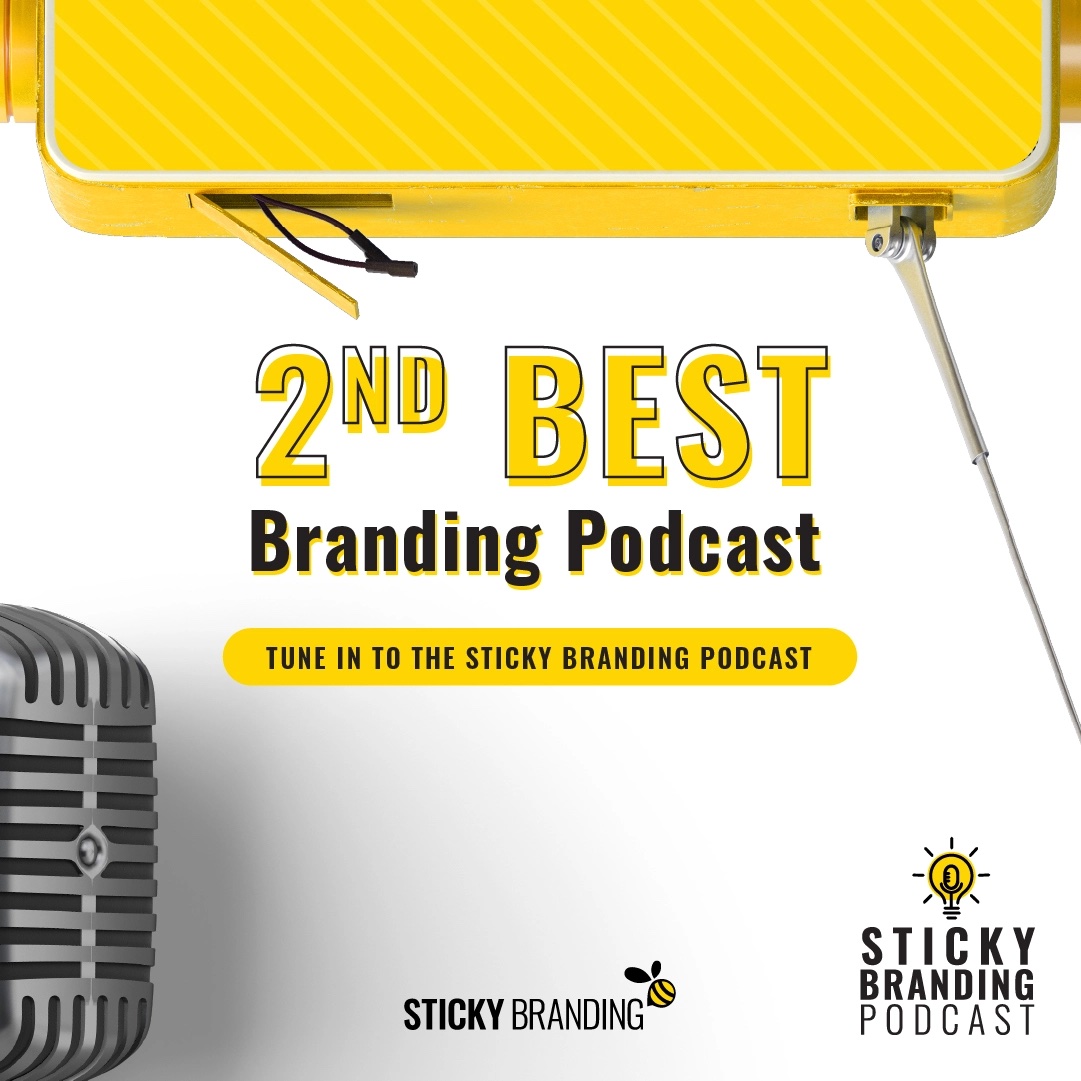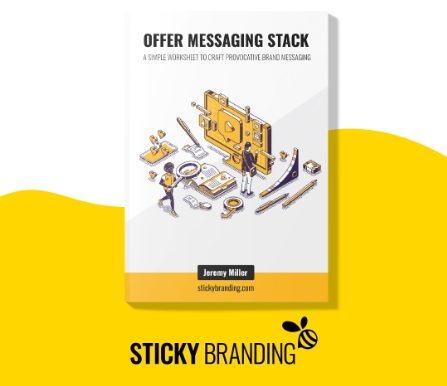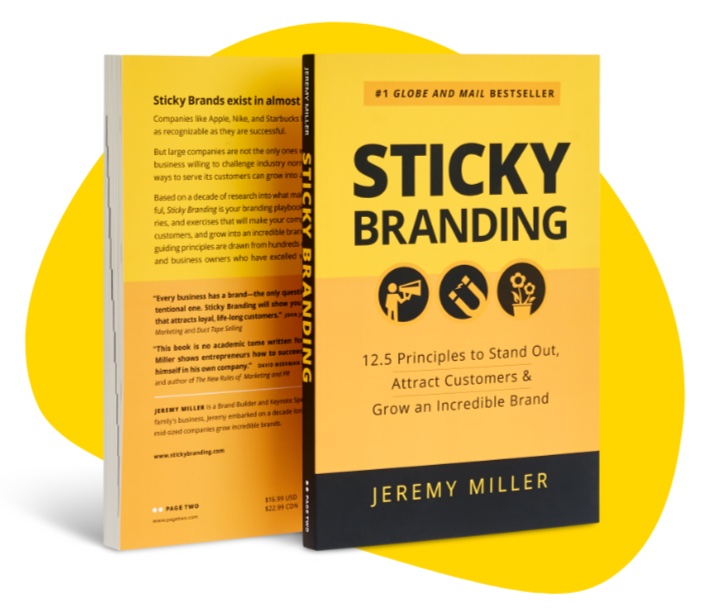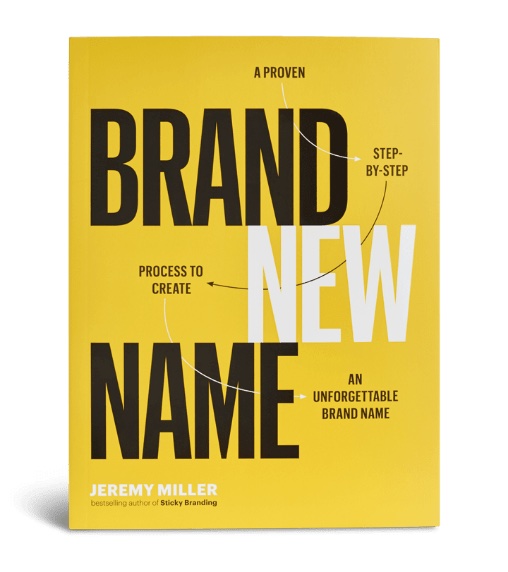We need to put the cart before the horse. The only reason Apple is a great brand name is it’s affixed to a successful company. The same is true for Starbucks, Caterpillar, and Virgin.
There’s absolutely no way people would admire these brands if the companies were unsuccessful.
Successful businesses create great brands, and never the other way around.
Ray Kroc had to have “McDonald’s”
“That glorious name, McDonald’s. I had to have it,” says Ray Kroc in The Founder.
The Founder tells the origin story of McDonald’s. At the end of the film there’s a short clip of Ray Kroc talking about the importance of the brand name.
He explains, “It was a typical English American word. It flowed, ‘McDonald’s.’ It was easy for the kids to say and remember. And I liked the sound of it. It sounded wholesome, and it sounded genuine.”
By Kroc’s own descriptions, you’d think the McDonald’s name and the Golden Arches were the essence of the brand and its success, but it’s the reverse. The name and the Arches became symbols of success; what we associate as the brand.
What made the McDonald’s brand was several business innovations:
- Business model innovation. Dick and Mac McDonald, the founders of McDonald’s, were pioneers in the quick serve industry. They created a brilliantly efficient system to deliver hamburgers, fries and a drink in 35 seconds. The “Speedee System” is the foundation of the company’s success, and why Ray Kroc got involved with the brothers.
- Franchise innovation. Harry Sonneborn, McDonald’s first CEO, showed Ray Kroc how to create a lucrative business empire by buying the land and leasing it to franchisees. Sonneborn often said, “We are not in the food business. We are in the real estate business.”
- Relentlessly selling. Ray Kroc was a relentless salesperson. He took a great idea and business model, and he ran with it. Between 1958 to 1959 he opened 68 new restaurants. He never took his foot off the gas, and was the company’s greatest champion.
McDonald’s became a great brand, because it’s a great business. It had a brilliant business model, a lucrative franchising model, and the right talent to create a global empire.
We Admire the Successes
The building blocks of a brand identity — name, logo, symbols, tag lines, and campaigns — are the marks of a successful business. You may admire a company’s logo and advertising campaigns, but it’s important to acknowledge why.
When you admire a brand, you are admiring a company’s success.
Under the leadership of Steve Jobs, Apple delivered category defining products that were beautifully designed and easy to use. Millions of consumers bought iPods, iPhones, and iPads, and this catapulted Apple into a household name.
As a result, entrepreneurs and professionals saw Apple’s success and would say, “I want to be like Apple.”
This story repeats itself again and again. A very successful company will spark a marketing trend. People will try to replicate the company’s success by imitating its brands. This is flattering for the company, but it misses the mark.
If you want to create a brilliant brand, create a brilliant business. Success begets success.
What does this mean? Simple:
- Never stop serving your customers.
- Innovate in your business model and seek out ways to dramatically improve your value proposition.
- Relentless sell and promote your brand.
- Never settle.
It’s easier said than done, but it’s at the heart of great branding. No one will care about your marketing if your business is not successful.
What do you think? Share your thoughts on Twitter, or send us a comment.





